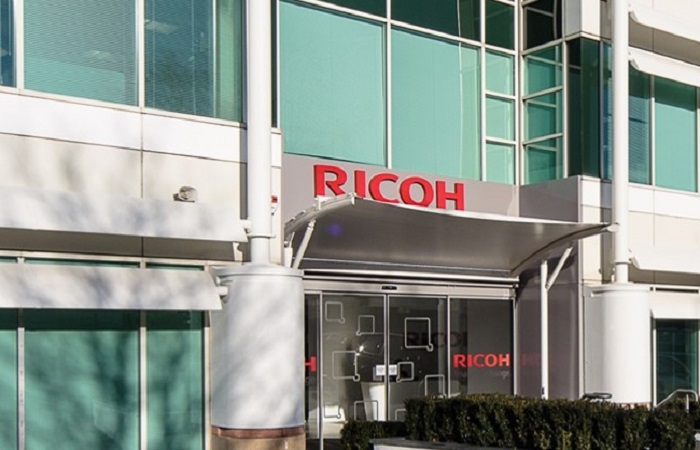
Multinational document services, consulting, software and hardware provider Ricoh has 2,400 employees spread across the UK, including a large base in both Northampton and London.
Toni Smith, reward and insights manager at Ricoh, says: “Reaching [office-based] employees with communications is quite easy. The challenge that we have with anything we roll out benefits-wise is reaching our mobile population.”
Ricoh’s workforce includes a wide range of field-based sales people and service engineers, as well as employees on customer service sites with limited access to email.
“We have had to think about how we do some creative communications to reach out to [our mobile employees],” adds Smith.
Ricoh uses a multi-faceted approach to reaching all staff, including benefits fairs, newsletters, on-site posters, and information promoted via its intranet site.
Two years ago, the organisation began working with financial advisory firm Wealth Wizards to boost employees’ financial wellbeing. In June 2019, when Wealth Wizards launched its newest tool, independent digital adviser MyEva, Ricoh was one of the first employers to pick it up.
MyEva incorporates artificial intelligence (AI) and chatbot technology to provide tailored information, answers and nudges to staff on topics such as pensions, saving for a rainy day, buying a home and investing money.
At Ricoh, the use of a mobile app with chatbot capabilities is important, not only for reaching staff who are not sat at desks all day, but also for remaining relevant to the next generation of employees, and fitting with the brand of a technology organisation.
“The chatbot experience is more current, and has a little more of a fun element to it,” explains Smith. “It seems to be personalised, even though we know it’s not, because it gives you a response based on [what you put in]. For a lot of our [employees] that are [younger], they’re used to that and expect that.”
While most staff might initially access the service to discuss one topic, such as pensions investments, the chatbot function helps people realise that there is a wealth of support to be gained from the service, explains Smith. The AI helps employees understand the benefits on offer to them from their employer, which include products such as critical illness insurance, will writing and individual savings accounts (Isas).
Since its launch, Ricoh has seen 19% engagement with the platform. Once this reaches 30%, the organisation will use the anonymised data gathered by the platform to arrange follow-up face-to-face sessions for staff who have shown an interest.
“People have realised that, actually, [the] service can give them almost a complete overhaul of their financial situation, it’s not just about pensions,” Smith explains. “That might be sorting out their will or starting up an Isa; it has really got people thinking about their future, especially people with families.”
The anonymous, independent nature of the programme has also been a boon, adds Smith. “People think ‘my finance is my personal business, and I don’t want it linked with anything associated with work’, [but] once the word spread that it is confidential and we don’t get the information shared with us, people were much more open to using it.”
Having seen the success of AI, chatbots and mobile-enabled technology in this context, Ricoh’s plan is to introduce a similar system for dealing with typical HR queries, to allow the team to focus on more strategic, value-added jobs, while also catering to employees’ needs for immediate, tailored information.